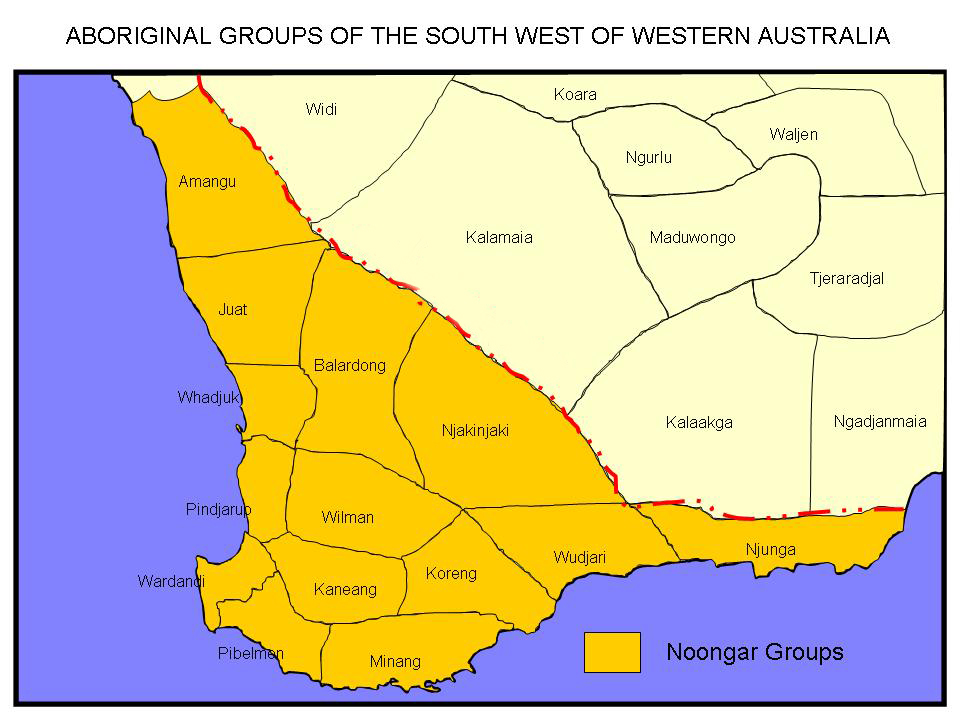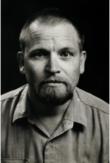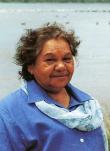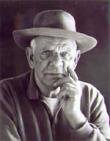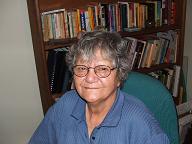AustLit
-
The third book in the UQ Reconciliation Book Club on 6 June 2018 is Taboo by Nyoongar author Kim Scott. Explore the resources below to learn more.
Click here for the Reconciliation Book Club's reading notes on the text.
Contact us to learn more about AustLit and BlackWords.
-
-
Hear a wonderful conversation between Kim Scott and the ABC's Awaye presenter, Daniel Browning, at the 2018 Sydney Writers Festival by following this link.
-
A review in the Sydney Review of Books by Jane Gleeson-White, titled 'Properly Alive'.
-
An essay in The Monthly by Shannon Burns, titled 'In Search of Another Narrative'.
-
-
 Photo courtesy The Trust Company.See full AustLit entry
Photo courtesy The Trust Company.See full AustLit entryKim Scott is a multi-award winning Indigenous author from Western Australia. He grew up near Albany, in southern Western Australia, then on leaving school completed a Bachelor of Arts Degree and a Graduate Diploma in Education at Murdoch University, in Perth. He initially worked as a secondary school teacher and later turned to writing full-time.
Scott began working on his first novel, the semi-autobiographical True Country (1993), whilst teaching at a remote Aboriginal community in the Kimberley region of Western Australia.
-
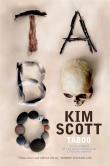 Cover image courtesy of publisher.See full AustLit entry
Cover image courtesy of publisher.See full AustLit entry'From Kim Scott, two-times winner of the Miles Franklin Literary Award, comes a work charged with ambition and poetry, in equal parts brutal, mysterious and idealistic, about a young woman cast into a drama that has been playing for over two hundred years ...
'Taboo takes place in the present day, in the rural South-West of Western Australia, and tells the story of a group of Noongar people who revisit, for the first time in many decades, a taboo place: the site of a massacre that followed the assassination, by these Noongar's descendants, of a white man who had stolen a black woman.
(...more) -
The word Noongar means 'a person of the south-west of Western Australia', an area that extends from Geraldton on the west coast to Esperance on the south coast. Noongar is the official language of these people, and there are several ways in which it is spelt and pronounced: Noongar, Nyungar, Nyoongar, Nyoongah, Nyungah, Nyugah, Yungar and Noonga. There are fourteen dialects that are associated with Noongar language : Nyaki Nyaki, Bibbulman, Yuat, Minang, Wardandi, Kaniyang, Goreng, Pinjarup, Wiilman, Wudjari, Wajuk, Balardung, and Tjapanmay.
Click here to explore AustLit's Noongar trail, and discover an array of Noongar writers, storytellers, and their works.
-
-
Kylie Bracknell, Aboriginal Australian actor, writer, TV presenter, and theatre director from the south west of Western Australia, shares her knowledge of Noongar language in this clip from ABC's Radio National.
-
A Noongar Translation of Shakespeare's Sonnets
In 2012, in an international first, Yirra Yaakin presented translated Shakespeare's Sonnets in the Noongar language as part of The Globe Theatre’s Cultural Olympiad in London. This was followed in 2013 by a presentation of a selection of the sonnets at the opening of the Perth International Arts Festival, another first for the company. These Yirra Yaakin presentations represented an important moment in celebrating Noongar culture and language internationally, in addition to generating a sense of pride and connection within the Noongar community.
Follow this link to find out more.
-
Click on this link for all people listed in BlackWords who have Nyoongar heritage.
-
-
- Noongar Boodjar Language Cultural Aboriginal Corporation. The Noongar Boodjar Language Cultural Aboriginal Corporation was established in 2014 as place where one can find information on and learn about the Noongar language and culture. The NBLCAC is continuously recording, conducting analysis on, adding to the database of and developing the Noongar Language, ensuring its preservation for future generations.
- Kaartdijin Noongar. This website shares Noongar history, stories and culture with the Noongar community and the wider world. The information on this site provides a strong reference point for people wanting to to learn about the culture of Noongar people.
- Boodjar. This website is the result of a three-year investigation of the history and meanings of Noongar placenames, led by Professor Len Collard.
- Reconciliation Australia. Reconciliation Australia promotes and facilitates respect, trust and positive relationships between the wider Australian community and Aboriginal and Torres Strait Islander peoples.
- Statement from the Heart. The Referendum Council was established to assist the federal government with appropriately recognising Aboriginal and Torres Strait Islanders in the Australian Constitution.
You might be interested in...



